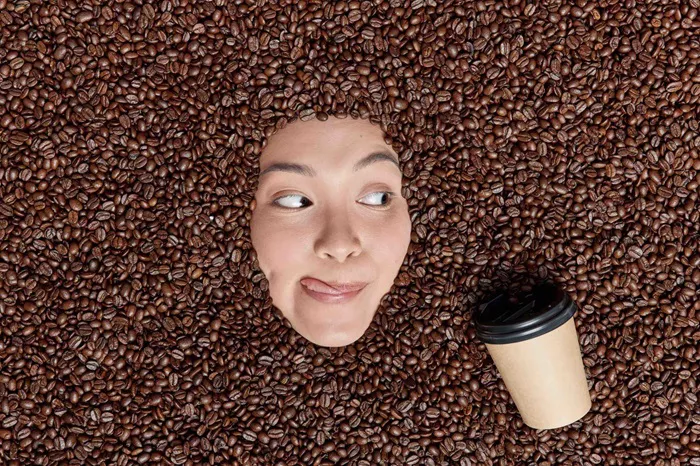A recent study published in the Journal of Cosmetic Dermatology suggests that drinking coffee may help slow the visible signs of facial aging. The research analyzed data from over 16,000 Europeans and compared the effects of four beverages—coffee, tea, alcohol, and sugar-sweetened drinks—on skin aging. Among these, only coffee demonstrated a notable link to reduced signs of aging.
According to the study, the antioxidant properties of coffee, particularly its polyphenols, play a crucial role in mitigating oxidative stress and inflammation. These compounds are believed to enhance skin elasticity and hydration, potentially delaying the onset of wrinkles and other aging indicators.
Dr. Hannah Kopelman, a dermatologist at Kopelman Hair Restoration, highlighted the significance of antioxidants in coffee. “The benefits appear to stem primarily from antioxidants like polyphenols, such as chlorogenic acid. These elements are likely responsible for the observed anti-aging effects in coffee drinkers,” Kopelman told Verywell.
The impact of coffee on skin health is also influenced by the roasting process. Dr. Tyler Long of the Skin and Laser Center of New Jersey explained that polyphenols are sensitive to heat, which makes the roast level important. “Lighter roasts retain more polyphenols than darker roasts due to less exposure to high temperatures. Espresso, being a lighter roast and more concentrated, is particularly beneficial for its polyphenol content,” Long advised.
While tea also contains polyphenols, the study did not find a significant link between tea consumption and slower facial aging. However, previous research suggests that green tea might help combat photoaging from UV exposure and reduce skin inflammation.
For those looking to maximize the anti-aging benefits of coffee, moderation is key. Kopelman recommended consuming two to three 8-ounce cups of coffee daily. Excessive intake can lead to issues such as dry mouth and sleep disturbances, so it’s best to maintain a moderate and consistent consumption pattern.
Additionally, to fully benefit from coffee’s anti-aging properties, it’s advisable to avoid adding cream and sugar. “Sugar can lead to glycation, where sugar molecules attach to collagen and other skin structures, increasing oxidative stress,” Long explained. For those who prefer milk in their coffee, Long suggested using whole milk over skim milk to avoid the higher glycemic index of skim milk, which can spike blood sugar levels.
In summary, while coffee’s polyphenols offer promising anti-aging benefits, maintaining a balanced intake and avoiding added sugars can enhance its positive effects on skin health.
Related topic:
Is Fascial Massagethe Key to Reversing Facial Aging?
What type of collagen is best for anti aging?
How to prevent skin aging and wrinkles naturally?

